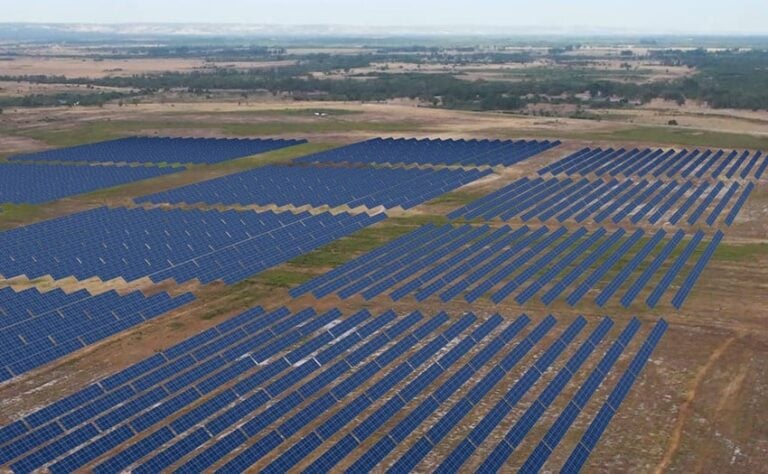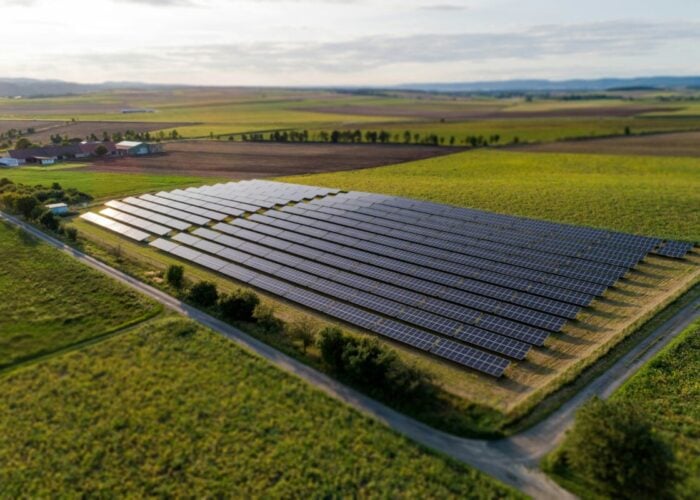
Renewable energy developer Frontier Energy has halted developing its 120MW solar-plus-storage project in Western Australia after it missed out on Reserve Capacity Credits (RCCs) from the Australian Energy Market Operator (AEMO).
The Waroona Renewable Energy Hub’s first stage would feature a 120MW solar PV power plant along with an 80MW/360MWh DC-coupled battery energy storage system (BESS). Once fully completed, Frontier said it would be one of Australia’s largest renewable energy projects, with a 1GW connection capacity.
Try Premium for just $1
- Full premium access for the first month at only $1
- Converts to an annual rate after 30 days unless cancelled
- Cancel anytime during the trial period
Premium Benefits
- Expert industry analysis and interviews
- Digital access to PV Tech Power journal
- Exclusive event discounts
Or get the full Premium subscription right away
Or continue reading this article for free
Waroona was provisionally assigned 87.2MW of Certified Reserve Capacity in August 2024, but Frontier missed out on securing RCCs in the final allocation process.
The Reserve Capacity Mechanism (RCM), which encompasses RCCs, ensures sufficient generation capacity in the South West interconnected system (SWIS). Generators in the Wholesale Electricity Market (WEM) receive a fixed dollar payment per megawatt from the AEMO based on the Reserve Capacity Price (RCP). These payments would be guaranteed for five years.
A Definitive Feasibility Study (DFS) conducted by Frontier for the Waroona project estimated that RCM payments would provide up to AU$27 million (US$18.6 million) per annum of revenue in the project’s first stage. As such, Frontier employed a five-year strategy for the Waroona project, which factored in AEMO’s forecast of a ~1GW reserve capacity deficit in 2026/2027.
AEMO also said there was an urgent need for substantial new investment in generating capacity.
This article was first published on our sister site Energy-Storage.news.






